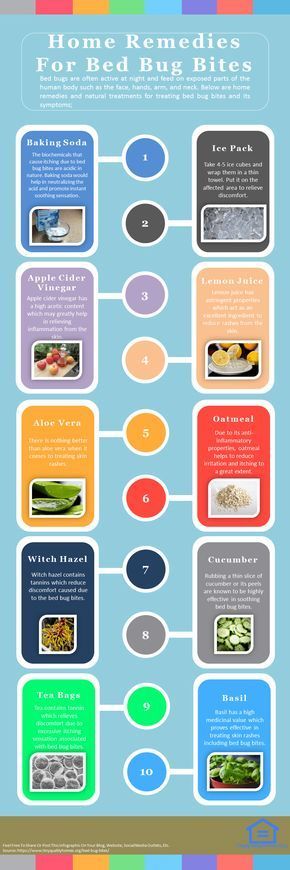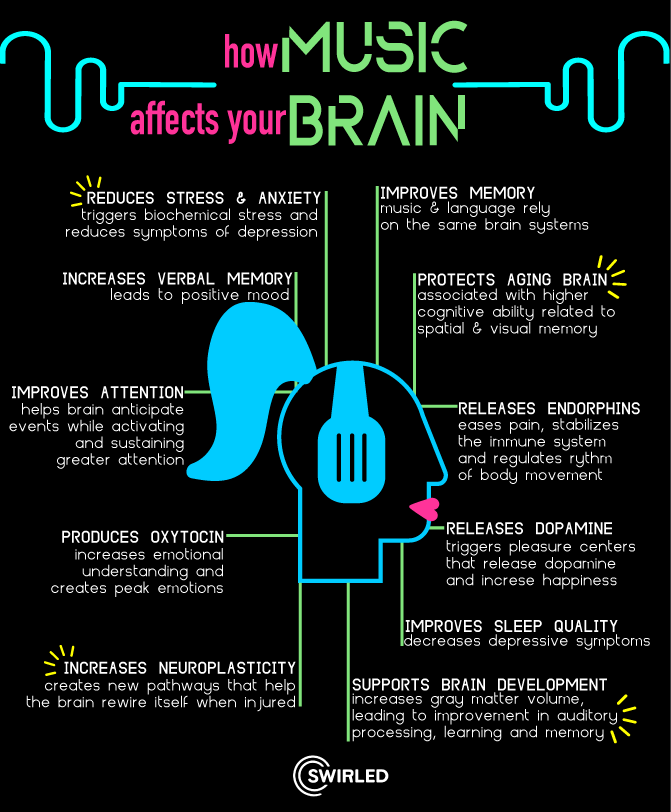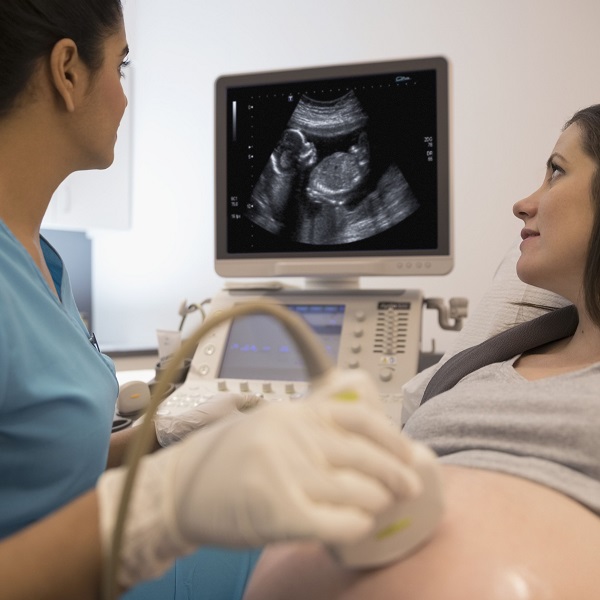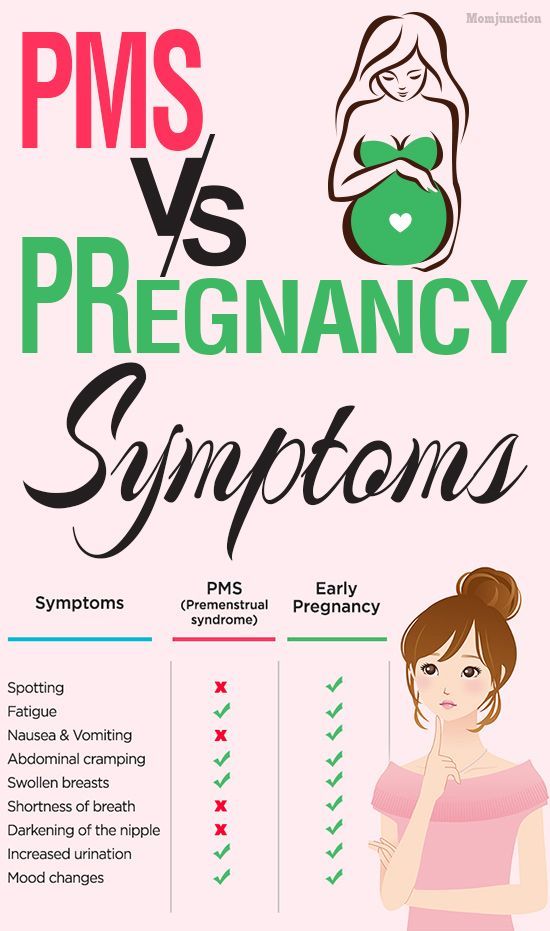Good morning sickness foods
10 foods that fight nausea during pregnancy
News & Blog
Posted on by Mai Songsawatwong
When morning sickness strikes during the early weeks of your pregnancy, you want fast relief from nausea and vomiting. Fortunately, there are many tips to help calm your upset stomach, including foods that fight nausea during pregnancy.
Nausea during pregnancy can happen any time of the day or night. It usually starts between the first 4 to 6 weeks of pregnancy and gets better by week 14. Since nearly 75% of women experience morning sickness at some point during their pregnancy, there are many tried and true methods available to find relief, such as sticking to the best foods for pregnancy nausea.
What causes morning sickness?
Not all women experience morning sickness the same way. Some feel queasy only occasionally, and others feel sick all day long but might never throw up. There are a few possible causes of morning sickness:
- Hormones. The pregnancy hormone hCG peaks around the time morning sickness is the worst. Also, estrogen and progesterone levels rise during pregnancy, which relax the digestive tract muscles and make digestion less efficient (and might also cause heartburn).
- Sensitivity to odors. Your heightened sense of smell during pregnancy can make some scents sickening.
- Excess saliva. Experts suspect this is the body’s way of protecting your mouth, teeth, and throat from the corrosive effects of stomach acid, which can increase when you’re queasy.
- Stress and fatigue. Emotional stress and being very tired can trigger nausea.
- First-time pregnancy. If your body hasn’t gone through a pregnancy before, the surge of hormones and other changes you’re experiencing might make nausea more likely.

- Hot weather. It can be hard to get comfortable when you’re pregnant, especially if you’re overheated.
- Genetics. If your mom or sister had morning sickness, chances are better you will, too.
Quick morning sickness relief
There’s so much to do when planning for your baby’s arrival. It’s essential to take time for yourself to rest and destress. Rushing and exhaustion tend to aggravate nausea.
Remember to get enough sleep and keep your stress level in check with meditation or prenatal yoga. Keep crackers or cereal on your bedside table so you can have a snack before you fall asleep or right when you wake up. This can give you some morning sickness relief.
Best foods for morning sickness
Nausea and vomiting are always unpleasant and stressful. For some women, it’s crucial to proactively eat certain foods to help treat morning sickness before it becomes more severe. Other expectant moms find relief with particular food and drinks when the queasiness kicks in.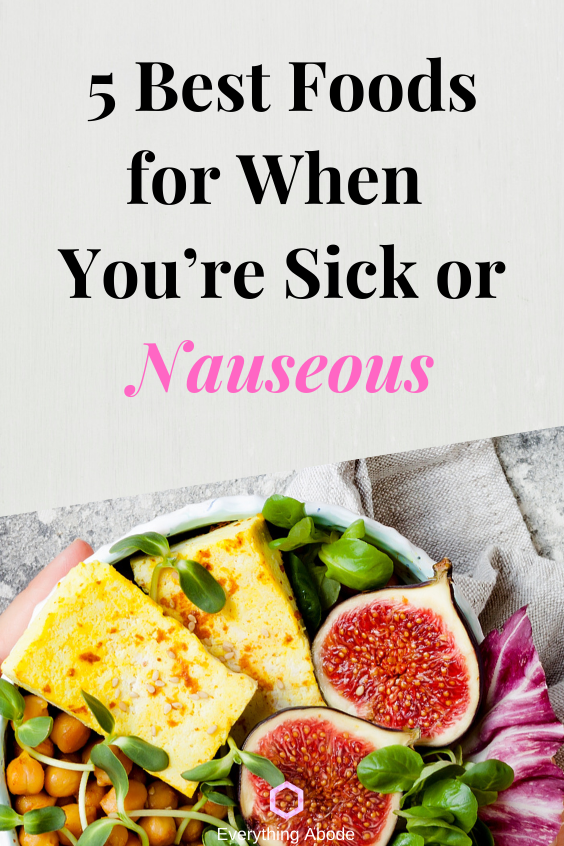 It’s also vital to eat and drink after vomiting to replace fluids, electrolytes, and calories.
It’s also vital to eat and drink after vomiting to replace fluids, electrolytes, and calories.
While we wish there was a morning sickness cure, these foods and drinks can help with nausea during pregnancy:
- Bland, easy-to-digest foods (bananas, rice, applesauce, toast)
- High-protein foods (chicken, peanut butter, beans)
- Cold beverages and snacks (smoothies, almond milk)
- Ginger
- Carbonated beverages
- Herbal teas and broth
- Fruits and vegetables high in water content (watermelon, cucumbers)
- Citrus fruits
- Peppermint
- Foods high in vitamin B6 (salmon, avocados)
Bland, easy-to-digest foods
One of the oldest tricks in the book to help ease morning sickness is still a winner for a reason: bland foods during pregnancy are easy to digest. The B. R.A.T. diet consists of bananas, (white) rice, applesauce, and toast. These foods don’t have an overwhelming flavor, so they’re less likely to upset your stomach. The starch can also absorb stomach acids to help relieve the queasy feeling.
R.A.T. diet consists of bananas, (white) rice, applesauce, and toast. These foods don’t have an overwhelming flavor, so they’re less likely to upset your stomach. The starch can also absorb stomach acids to help relieve the queasy feeling.
High-protein foods
Experts have found that protein-rich foods can help with nausea during pregnancy. Proteins like chicken, peanut butter, and beans can calm the waves of nausea by increasing a hormone called gastrin, which aids digestion.
Other high-protein foods that help with morning sickness are hard-boiled eggs, hard cheeses, nuts and trail mix, lean beef, edamame, and Greek yogurt.
Eating high-protein snacks will also help you meet your increased need for protein during pregnancy since most women need around 60 grams of protein per day.
Cold beverages and snacks
Did you know hot foods and drinks are more likely to have an aroma that triggers your gag reflex? For a smell to be detected by your olfactory system, it needs heat, so the warmer something is, the more it will smell. Cold foods have less fragrance, so they might be more palatable when you experience nausea during pregnancy.
Cold foods have less fragrance, so they might be more palatable when you experience nausea during pregnancy.
Also, sometimes it’s easier to consume liquids when feeling queasy, so reach for cold drinks to help with nausea during pregnancy. Some good options are cold almond milk (which can also settle heartburn) and smoothies (load them up with healthy stuff!)
If you’re having trouble keeping liquids down, try sorbet, frozen yogurt, popsicles, chilled fruits, and ice cream.
Learn more about a healthy pregnancy and delivery options at The Mother Baby Center
Ginger
Ginger has been extensively studied and commonly used in Chinese medicine for hundreds of years to treat nausea and vomiting, so it’s worth giving it a try when you’re feeling queasy. Sometimes just the smell of fresh ginger can calm an upset stomach.
You’ll want to ensure the foods and drinks you’re consuming contain real ginger (check labels; some prepared foods don’t use real ginger.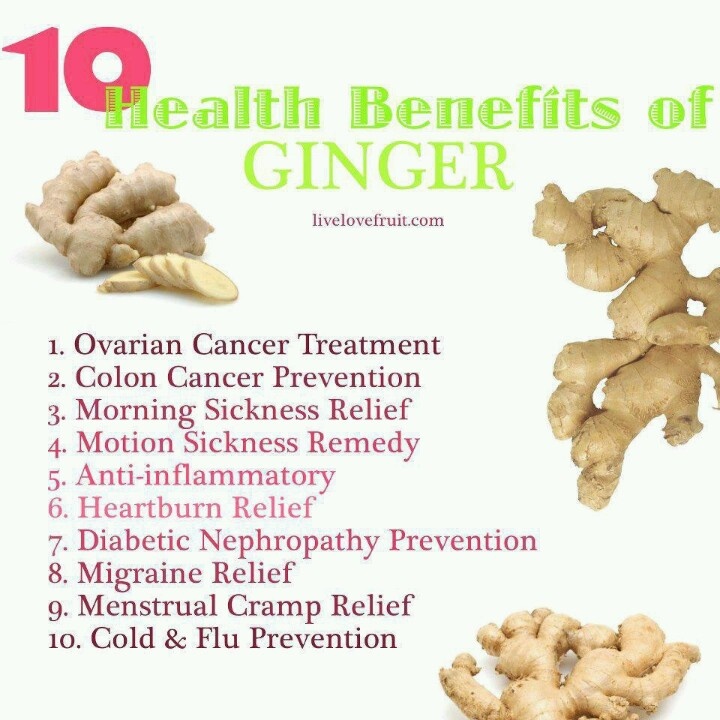 ) Try ginger ale, ginger tea, ginger snaps and candies, ginger biscuits, and crystallized ginger. Use fresh ginger when you’re cooking soups and stir fry.
) Try ginger ale, ginger tea, ginger snaps and candies, ginger biscuits, and crystallized ginger. Use fresh ginger when you’re cooking soups and stir fry.
Other ideas for using ginger to help morning sickness include:
- Sprinkling dried ginger on your breakfast oatmeal
- Add it to a smoothie
- Ginger lollipops and candies are increasingly popular
- Grated fresh ginger root can be added to your salad or spicy sauce.
Carbonated beverages
Some pregnant women find mineral water and other carbonated beverages are good morning sickness remedies. The carbonation can help reduce the total acidity of the stomach, making nausea dissipate. Mineral water comes in countless flavors, and you can add your own fruit infusions. Sugary carbonated sodas can also help with pregnancy nausea, but make sure to drink those in moderation.
Remember, carbonation can lead to feeling fullness more quickly than other beverages, so you should sip them slowly and pay attention to any unpleasant side effects like bloating. It can also be helpful to drink fluids a half hour before or after a meal, not with the meal. And make sure to drink small amounts of fluids throughout the day to avoid dehydration.
It can also be helpful to drink fluids a half hour before or after a meal, not with the meal. And make sure to drink small amounts of fluids throughout the day to avoid dehydration.
Herbal teas and broth
Staying hydrated is so important early in your pregnancy. Drinking enough fluids will help settle your stomach and rehydrate your body after throwing up. Plain water is always a great choice, but sometimes a cup of herbal tea is a great drink to help ease nausea during pregnancy.
Not all teas are safe during pregnancy, so stick to herbal teas like chamomile, red raspberry, lemon, spearmint, peppermint, or peach. Adding lemon or ginger to your tea can also help calm nausea.
Sipping soup broth can also be a great way to get hydration and nutrition while calming your stomach. Broth goes down easily, and it contains electrolytes and essential minerals to keep your blood volume up, which can also prevent dehydration and relieve morning sickness.
If hot tea or broth is too aromatic, try cooling them or add ice for a soothing change.
Fruits and vegetables high in water content
We’ve made the point that staying hydrated is one of the best ways to stop morning sickness early in pregnancy and beyond. When drinking fluids makes matters worse, try eating fruits and vegetables with high water content.
Good options to try include:
- Cucumbers
- Tomatoes
- Apples
- Celery
- Peaches
- Cantaloupe
- Strawberries
- Lettuce
- Watermelon
Some pregnant women say watermelon is the best fruit for morning sickness, even when nothing else stays down. In addition to being refreshing and delicious, it can ease heartburn and reduce swelling, and the minerals in it can help prevent muscle cramps. For your growing baby, watermelon is packed with vitamins A, C, B6, potassium, and magnesium, which are important for your baby’s vision, brain, and nervous and immune systems.
Another idea is to add vegetables with high water content to your broth.
Citrus fruits
Try sniffing a lemon when you’re not sure what to eat when you’re nauseous and pregnant. Researchers have found that sniffing lemon scented aromatherapy reduces nausea in pregnant women. Lemons and other citrus fruits in moderation are safe for you and your baby during pregnancy, so add them to your shopping list.
Other uses for lemons or oranges include:
- Squeezing them in your water
- Lick the slices
- Suck sour lemon candy
- Steep whole lemons in water to make a fragrant tea
- Add lemon or orange zest to yogurt or ice cream
Make sure to stash some lemon drop candies in your bag before you leave the house. Smelling lemon essential oil might also provide some nausea relief.
Peppermint
Like ginger, peppermint has been a morning sickness cure for hundreds of years.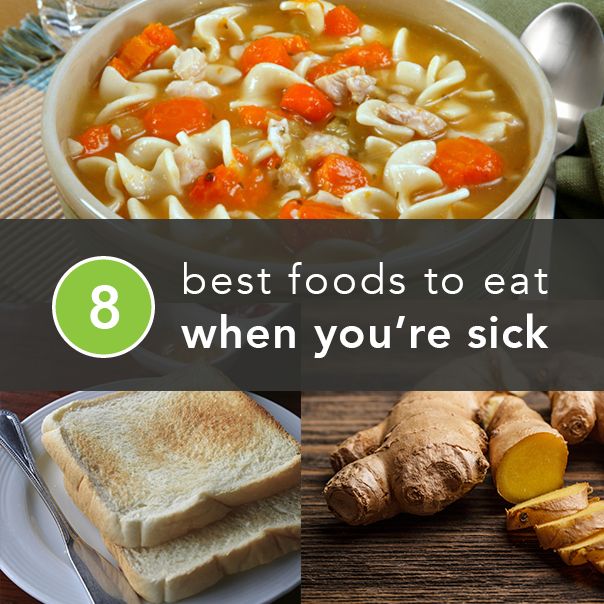 Peppermint is safe for you and your baby when consumed in moderation.
Peppermint is safe for you and your baby when consumed in moderation.
Try peppermint tea, add mint syrup to sparkling water, or sprinkle fresh chopped mint on Middle Eastern dishes. If you’re feeling up for it, enjoy a non-alcoholic mojito with extra muddled mint! Peppermint hard candies or gum are great for on-the-go nausea relief.
Consuming peppermint essential oil during pregnancy isn’t recommended. It can make reflux worse.
Explore The Mother Baby Center’s blog for more pregnancy and delivery tips and stories.
Foods high in vitamin B6
Vitamin B6 will probably be discussed a lot when you’re newly pregnant and throughout the next nine months. It’s a super important vitamin for the healthy development of your baby’s brain and nervous system.
Bonus Tip: Vitamin B6 can also help stop morning sickness!
Your doctor might recommend you take a vitamin B6 supplement early in your pregnancy when nausea and vomiting are the worst. Other good sources of vitamin B6 include salmon, avocados, sunflower seeds, pistachios, poultry, dried fruits like prunes and raisins, bananas, spinach, and lean pork or beef.
Other good sources of vitamin B6 include salmon, avocados, sunflower seeds, pistachios, poultry, dried fruits like prunes and raisins, bananas, spinach, and lean pork or beef.
Can certain foods cause pregnancy nausea?
If you’re already feeling kind of green with morning sickness, the last thing you want to do is eat or drink anything that will make nausea worse. For example:
- Skip greasy and processed fast foods, which are hard to digest and won’t do anything to help with morning sickness.
- Avoid fatty and spicy foods, which can trigger nausea and heartburn.
- Certain food smells might bother you more than before you were pregnant, so turn on fans, have someone else cook for you, or skip those foods altogether.
- Carbonated drinks and citrus fruits work as morning sickness remedies for some women, but they do the opposite for others.
Learn more about a healthy pregnancy and delivery options at The Mother Baby Center
Find a pregnancy support group at The Mother Baby Center
Morning sickness is unpleasant but can also be a reassuring reminder that you’re pregnant.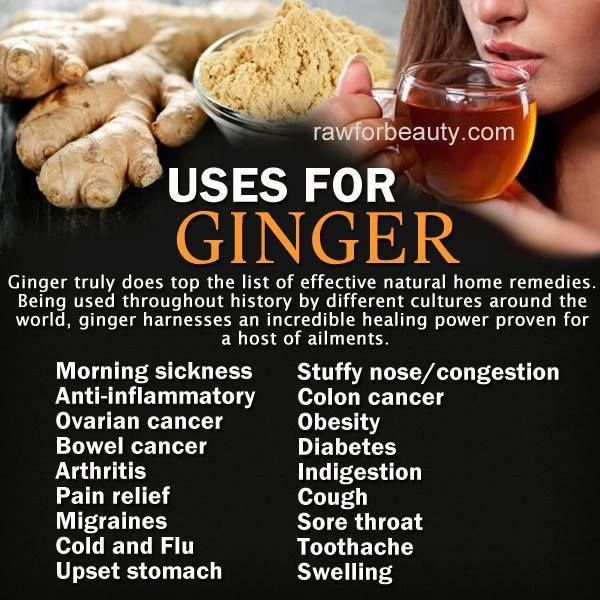 Nearly three out of four pregnant women experience nausea and vomiting during their pregnancy, which means there are still women who sail through with no morning sickness. If you have little or no morning sickness, you’re lucky!
Nearly three out of four pregnant women experience nausea and vomiting during their pregnancy, which means there are still women who sail through with no morning sickness. If you have little or no morning sickness, you’re lucky!
But remember, nausea and vomiting can start any time during the second or third month of pregnancy, so it’s good to be thinking about ways to make yourself feel better in case it happens. Knowing the best foods that help with nausea during pregnancy is one way to feel more in control if it happens to you.
If you are nauseous or vomiting during pregnancy, you should eat and drink whatever feels best for you whenever you are able. Talk to your health care provider about other options to manage your morning sickness symptoms, including some prescription medications. A pregnancy support group – like the ones at The Mother Baby Center – is also a great place to get ideas and support.
Remember that morning sickness is temporary, and soon you’ll have a beautiful baby in your arms!
Foods for Morning Sickness | EatingWell
Morning sickness affects more than half of expectant mothers. Knowing which foods and beverages to turn to (and which to avoid) can help you find easy relief.
Knowing which foods and beverages to turn to (and which to avoid) can help you find easy relief.
Each product we feature has been independently selected and reviewed by our editorial team. If you make a purchase using the links included, we may earn commission.
Foods That Help Fight Morning Sickness
It could be a faint whiff of cilantro in a salad, a taste of Thai leftovers in the fridge, or even some stinky smells in a hot and crowded subway car. Whatever triggers it, morning sickness-the waves of nausea millions of pregnant women get-is no fun.
"It's something most women don't think about until it happens to them," says Frances Largeman-Roth, R.D.N., nutrition expert and author of Feed the Belly: The Pregnant Mom's Healthy Eating Guide. In reality, morning sickness-which can strike any time of day-affects most pregnant woman, and about a third have vomiting along with nausea. Here are some tips that can help ease the queasiness, including some of the best foods to eat for morning sickness—and some foods you will want to skip.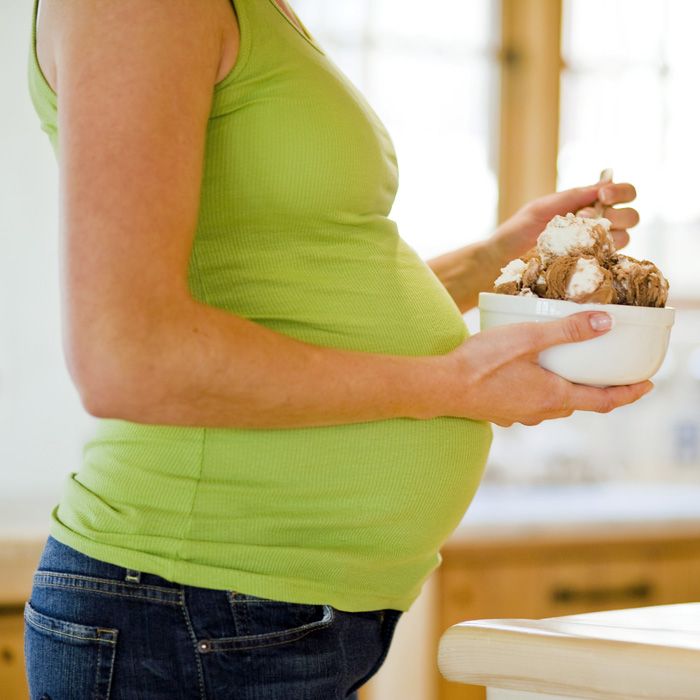
Apple with Cinnamon Almond Butter
1. Eat Often
"Probably the biggest mistake women make is thinking they shouldn't eat because it will make them sick," says Largeman-Roth, a mom of three who struggled with morning sickness herself. "But it's better to have something in your stomach." Try to eat a light meal or snack every 2 1/2 to 3 hours, she says. Pack high-protein snacks (think nuts or cheese cubes, or peanut butter on apples or celery sticks), and keep some crackers by your bed so you can nibble on them first thing in the morning.
2. Choose Mom-Friendly Foods
While everyone is different, these foods have been proven to help many women:
•Lemons: A small clinical trial of 100 pregnant women found that the scent of lemons can help ease nausea. Breathe it in: keep freshly cut slices on hand in your kitchen, sip some lemonade or iced tea with lemon, or try aromatherapy oils. Eating something lemony may also help with dysgeusia, an unpleasant metallic taste some women get early in pregnancy.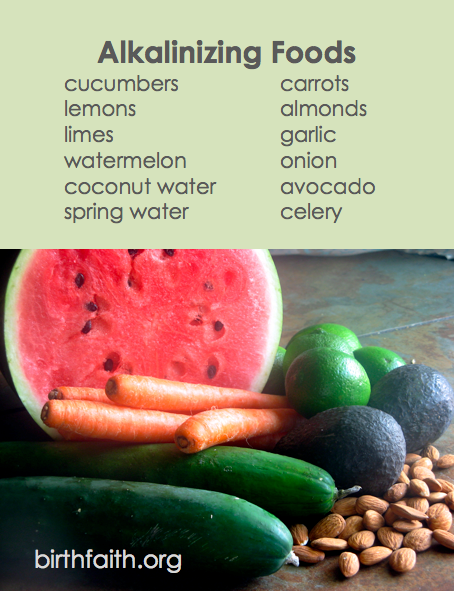
•Ginger: An analysis of several studies suggests that ginger, a common remedy for motion sickness, may help with morning sickness, too. You have to use the real stuff, though, says Largeman-Roth. Try a few sips from sodas made with real ginger, like Reed's Ginger Brew or Boylan's Ginger Ale. Or tuck some yummy crystallized ginger in your bag. You can also buy ginger treats like Preggie Pops, Preggie Drops and hard candies made by The Ginger People. Or try these healthy recipes with ginger to help settle your stomach.
•Crackers: It's not so much the cracker itself but the salt that can help settle an upset stomach, Largeman-Roth says. "If you've been vomiting, you may be dehydrated, and a little sodium can help you feel better," she says. Try a cracker made with whole grains to get some beneficial fiber as well, or rice crackers for a gluten-free option.
3. Know Your Triggers
You probably know that super-greasy, fatty or fried foods and foods with strong, pungent odors, like kimchi, can make you feel worse. But pay attention to what other foods might be behind your morning-sickness misery. Even seemingly innocent foods can turn on you. "One woman told me how just the scent of almonds on her husband's breath made her feel sick," says Largeman-Roth.
But pay attention to what other foods might be behind your morning-sickness misery. Even seemingly innocent foods can turn on you. "One woman told me how just the scent of almonds on her husband's breath made her feel sick," says Largeman-Roth.
4. Stay Hydrated
"When the stomach is empty or when you're dehydrated is when you're going to feel the nausea the most," says Largeman-Roth. Cold, clear drinks seem to go down best for most pregnant women. Sucking on frozen-fruit pops or drinking through a straw can help, too. Sports drinks, if they don't upset your stomach, can help replace lost electrolytes.
5. Find Work-Arounds
You may have to rely more on others while you give your extra-sensitive nose and stomach a break. Ask your family to help with food prep, or consider a meal delivery service for a few weeks. If you have a dog, let someone else take over poop patrol. For Brooklynite Largeman-Roth, it was the stinky subway that sent her stomach reeling. She carried lavender-scented sachets that she could slip out of her bag for a few calming whiffs.
6. Talk to Your Doctor
Most morning sickness is fairly mild, and usually ends after the first trimester. But some women do get severe cases. If you're vomiting several times a day, feel dizzy, or can't keep down fluids for more than 24 hours, it's time to see your doc. You could have hyperemesis gravidarum, a condition that begins earlier and lasts longer than morning sickness. (If you do have hyperemesis, you're in royal company-Duchess Kate Middleton suffered from it during both her pregnancies.) Hyperemesis is serious. You may need IVs or a hospital stay to get it under control-so don't wait to get help.
Chew mint, brew chamomile. Foods to help with nausea | Nutrition and diet | kitchen
Shutterstock.com
Nausea can be a sign of serious health problems. It can both indicate diseases, and arise due to improper eating habits (for example, overeating), from motion sickness, as an aggravating circumstance for headaches. You can cope with nausea with the help of folk remedies and adjusting your diet.
You can cope with nausea with the help of folk remedies and adjusting your diet.
Here are some foods and drinks that can relieve you of the unpleasant feeling of nausea.
Water
Water will relieve the dehydration that always accompanies poisoning. But even with less acute problems with the stomach, water will help to balance them. One secret: when nauseated, water should not be drunk in one gulp, in large sips, this can provoke vomiting. You need to drink water at room temperature, in small sips and very slowly. Then the liquid will be absorbed and alleviate the condition.
Ginger
This root is an excellent remedy for stomach and digestion problems. A slice of ginger can also relieve nausea. To do this, you can either suck on a slice of fresh peeled ginger or make yourself ginger tea. Such tea is even recommended to patients after surgical interventions, it relieves discomfort in the stomach.
Important! Ginger should not be abused. Pregnant women should be especially careful about it. They are not recommended to drink more than 1-2 cups of ginger tea per day.
They are not recommended to drink more than 1-2 cups of ginger tea per day.
Ginger tea
1 serving
- 200 ml water
- 1 cm ginger root
- 1 tsp honey
- 1 lemon slice
Step 1. Peel the ginger.
Step 2. Finely chop and lightly crush with a knife (can be grated on a coarse grater).
Step 3. Boil water, add ginger and leave for 5-7 minutes.
Step 4. Add honey and lemon to taste, but not too much. Excess acid can spoil the taste of tea.
Lemon
Tea with lemon is a purely Russian invention. It became popular thanks to our long and not too smooth roads. Travelers were seasick on them, and tea was served at post stations. At the station they offered a choice: tea with lemon or with a towel. If they chose the first, they brought a glass with a slice of lemon, and if with a towel, then many glasses of tea with raspberry leaves and other herbs were waiting for the traveler. After 5-7 glasses, a towel became especially necessary, as sweat broke through.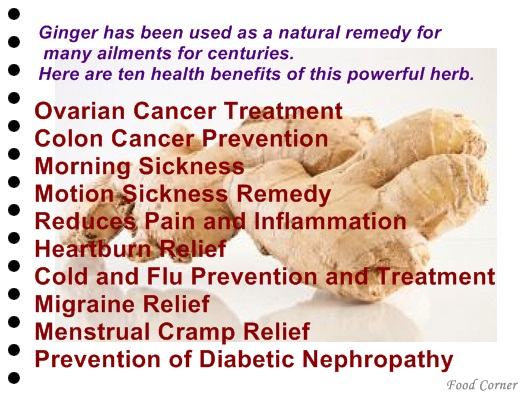 Many chose this option: after all, lemons were expensive.
Many chose this option: after all, lemons were expensive.
Mint
If you have fresh mint, add a few sprigs to your black tea pot. If mint is only dry, then you need to add a teaspoon of herbs to a glass of boiling water and leave for 15 minutes. And then - strain. You can drink with honey (if there is no heartburn and stomach problems), you can add a slice of lemon.
To relieve sudden nausea, you can simply chew a fresh mint leaf. Or knead it in your fingers and smell it. The fresh aroma helps a lot with problems with the gastrointestinal tract.
Fennel
Fennel seeds are pleasantly spicy and have a slight cooling effect. They have a lot of vitamins, there are also magnesium, potassium, calcium, zinc. Seeds have anti-inflammatory, healing, soothing effect. They help with colitis and flatulence. With nausea, it is recommended to drink tea with the addition of these seeds.
To brew such a healing tea, you need 1 tsp. add fennel seeds to a saucepan with cold water, bring to a boil, boil, and then strain the tea into a cup.
Important! During pregnancy and lactation, fennel should be used with caution and only after consulting a doctor.
Chamomile tea
This tea is a versatile remedy for stomach problems, nausea and digestion. In pharmacies, chamomile is sold in filter bags, it is convenient to brew them.
Important! Chamomile is contraindicated in pregnant women. Also, chamomile tea can change the effect of anticoagulants (drugs that regulate blood clotting). You can not combine the intake of these drugs and chamomile.
Cinnamon
Another spice that has a beneficial effect on the gastrointestinal tract and normalizes its work. To get rid of nausea with cinnamon, you need to add a stick of spice to tea or another drink (except alcohol).
BRYAS
Bananas, rice, applesauce and crackers - this is how this strange abbreviation stands for. It is these products that are recommended if you feel nausea, there are minor problems with the stomach. They are easy to digest, contain vitamins and minerals that you could lose due to dehydration from poisoning, for example. Do not add sauces and a lot of salt to rice. This diet cannot be observed for more than 1-2 days, since it is not balanced and is only of a fasting nature.
Limit
Salt. Sodium increases the feeling of nausea, so it is better not to eat salty foods with soybeans. It is advisable not to salt food at all for a while.
Fat. Fatty foods, especially foods high in animal saturated fats, are difficult for the body to process and absorb. Therefore, it can cause feelings of rejection and nausea if you have stomach and intestinal problems.
Alcohol, especially strong alcohol, can only increase the feeling of nausea and cause severe vomiting. In addition, it will aggravate already existing problems with the stomach.
Spicy food. A large amount of spices only irritates the esophagus and stomach, they can cause nausea or make it worse. Even those spices that fight this unpleasant feeling should be taken in small quantities.
healthy foods nausea
Next article
You may also be interested in
- Why do you feel sick in the morning and have no appetite?
- Why do you sometimes feel sick for no reason?
- Suppress appetite and burn fat.
What teas will help you lose weight?
Media news2
How to deal with nausea: 8 simple tips that should help
November 4Health
Ginger, lozenges and other proven methods.
Share
0When to call an ambulance
Almost anything can cause nausea: problems with the digestive tract, low blood pressure, certain medications, stress, pregnancy, and more. But sometimes it can be a symptom of dangerous conditions that require urgent medical attention. Dial 103 or 112 if you have nausea and any of these symptoms:
- severe acute chest pain;
- pain that radiates to the arm, back, neck or jaw;
- labored breathing;
- coffee grounds-like vomiting of blood;
- severe headache and stiff neck muscles;
- swelling of the face, especially around the mouth;
- blurred vision;
- severe confusion in the head and drowsiness;
- loss of consciousness;
- severe abdominal pain;
- vomiting and fever over 39degrees;
- rapid breathing and pulse;
- vomiting and very severe headache, especially if this has not happened before;
- excessive thirst, dry mouth, infrequent or no urination, dark urine, severe weakness, dizziness, blackout on standing up - these indicate dehydration.
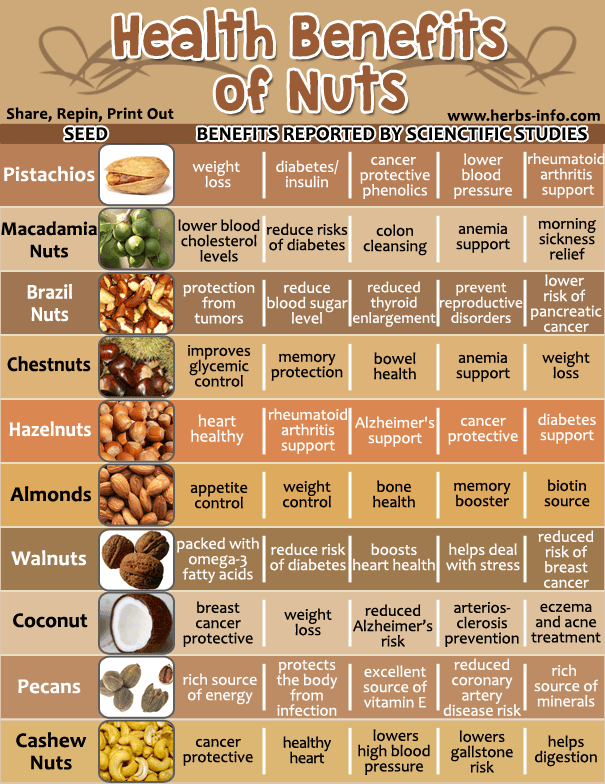
These signs may indicate a heart attack, cerebrovascular accident, severe infections, including meninges, internal bleeding and other conditions.
When you need to see a doctor with nausea
Even if life is out of danger and an ambulance is not needed, in some cases with nausea it is still better to go to the doctor, and as soon as possible. Make an appointment if:
- you have recently had a head injury;
- vomiting lasts a day in an adult or several hours in a child under six years of age;
- nausea lasts more than a week and there is a possibility of pregnancy;
- nauseous for several days, but not getting better;
- attacks of nausea and vomiting have been happening for more than a month;
- nausea and vomiting led to unexplained weight loss.
How to get rid of nausea
Treatment for nausea will depend on the underlying cause. But in any case, you can try to alleviate the condition using simple methods.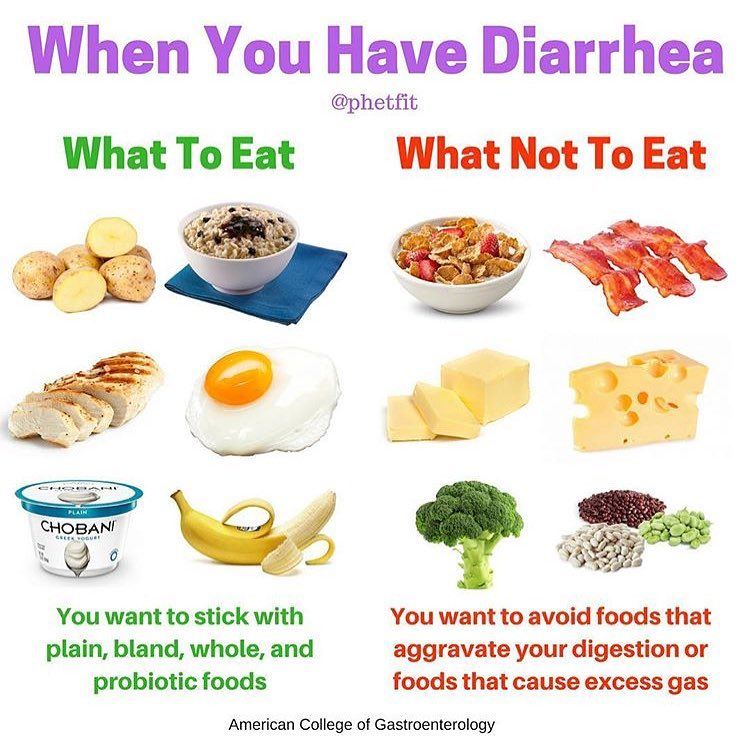
1. Rest
Rest can help relieve nausea because activity can make you vomit. It is better to do this while sitting or half-sitting so that the head is about 40 cm above the level of the legs. This is important because lying down can cause stomach acid to travel up the esophagus and increase discomfort.
2. Get distracted
You can listen to music or watch a movie so you don't have to think about nausea. But if you get sick in transport, then it’s better not to look at the phone and not read books - it will only vomit faster.
3. Ventilate
Fresh air relieves nausea rather quickly. Therefore, you can open a window or go outside if possible. It will also help if there are strong irritating odors around.
4. Have a cold drink
Water or sips of juice or soda can also prevent vomiting. It is better that the liquid is cool. It is believed that sweetened drinks even better soothe the stomach, but it is worth observing the measure - too sweet foods only make it worse.
5. Suck on a lollipop
All lozenges and sucking candies can be used. They need to be sucked, not chewed. They not only help to get rid of nausea, but also distract.
6. Eat something with ginger
Ginger is often advised against nausea in toxicosis, motion sickness and even during chemotherapy. Some research confirms that it is effective, inexpensive and safe. You can try fresh ginger, dried ginger, ginger tea, candied fruits, or even gingerbread cookies.
7. Drink mint tea
Mint tea also relieves nausea. Peppermint contains natural essential oils that should help and are unlikely to aggravate the condition. The drink should not be very hot, and you need to drink it in small sips.
Things to avoid to make nausea worse
Certain tastes, smells or activities only make nausea worse, so it's best to try:
- stay away from strong pungent odors;
- do not eat strongly smelling, hot, greasy or fried foods;
- eat slowly;
- do not eat a lot at once, it is better to divide the food into more meals;
- do not drink much liquid during meals, better between meals;
- do not brush your teeth immediately after eating;
- do not lie down immediately after eating;
- Do not constrict the waist with tight belts or clothing.
